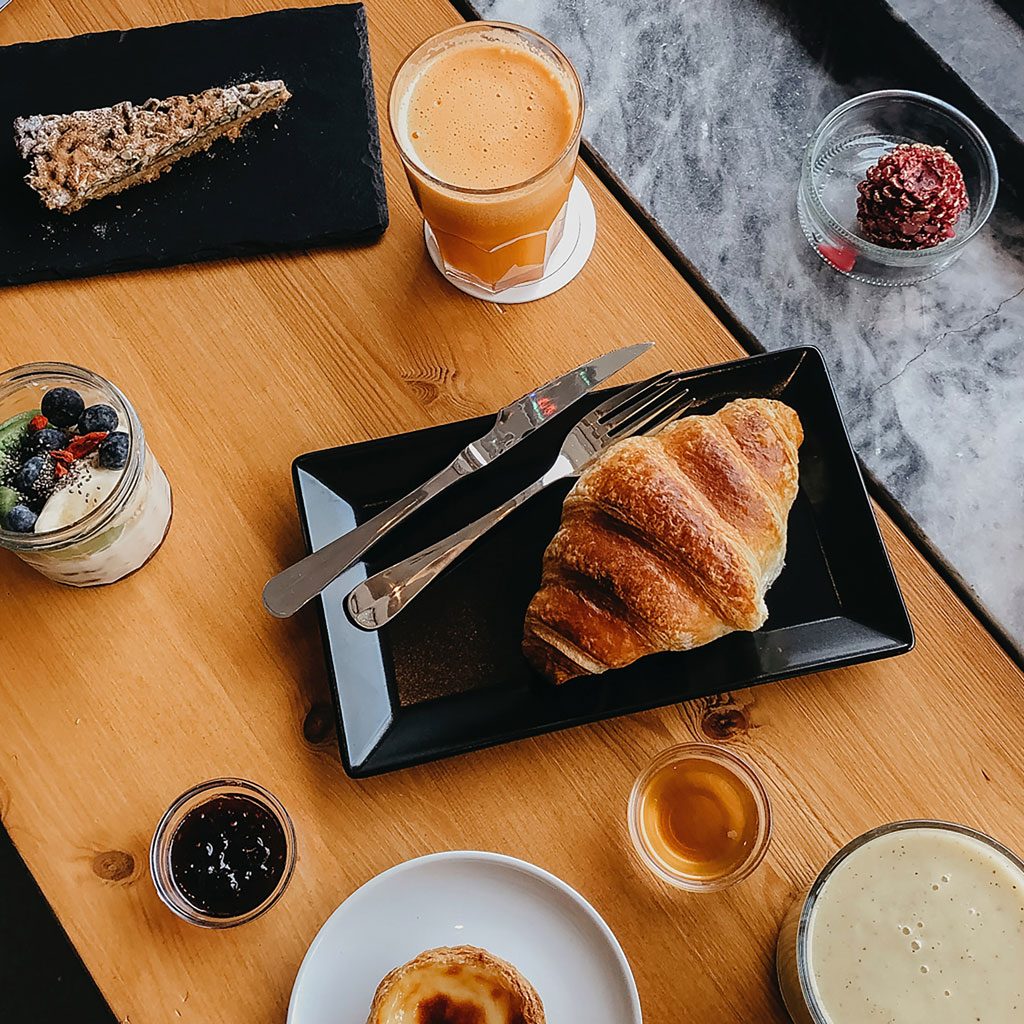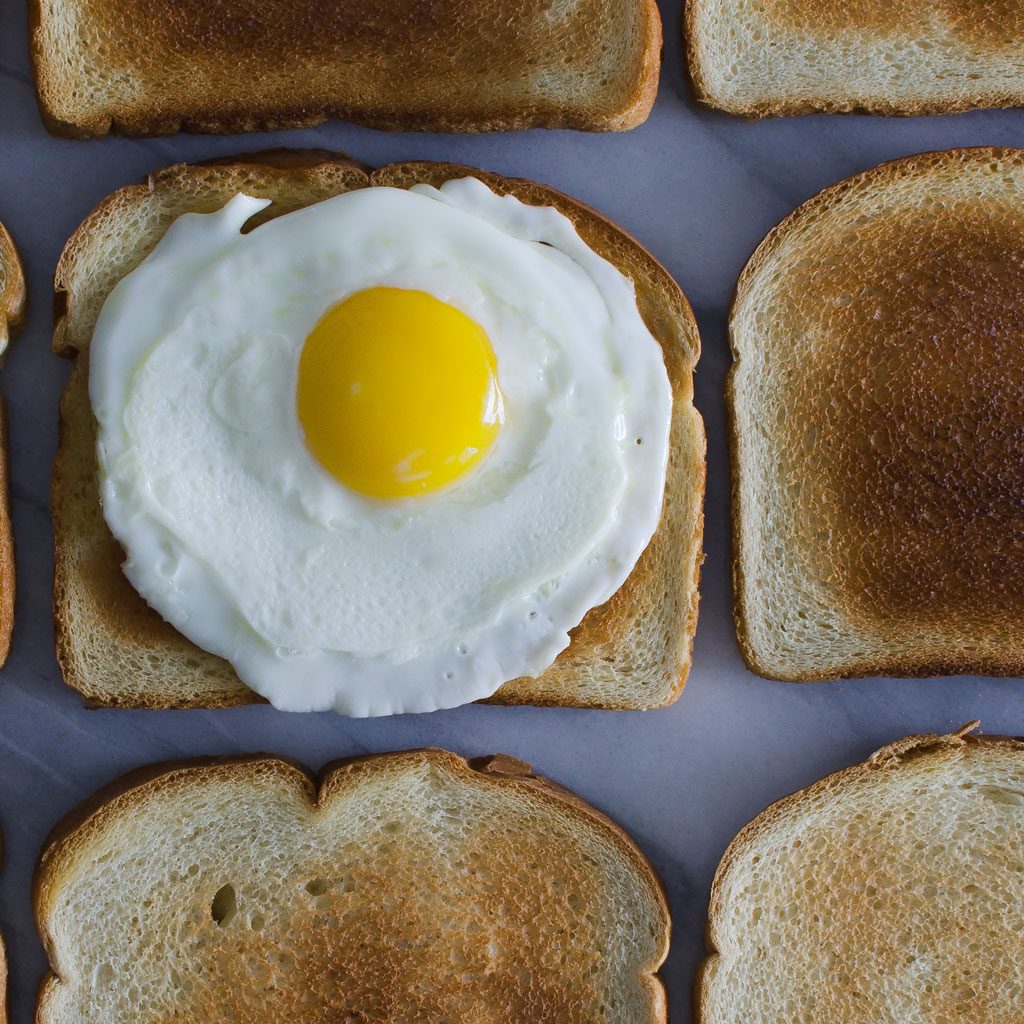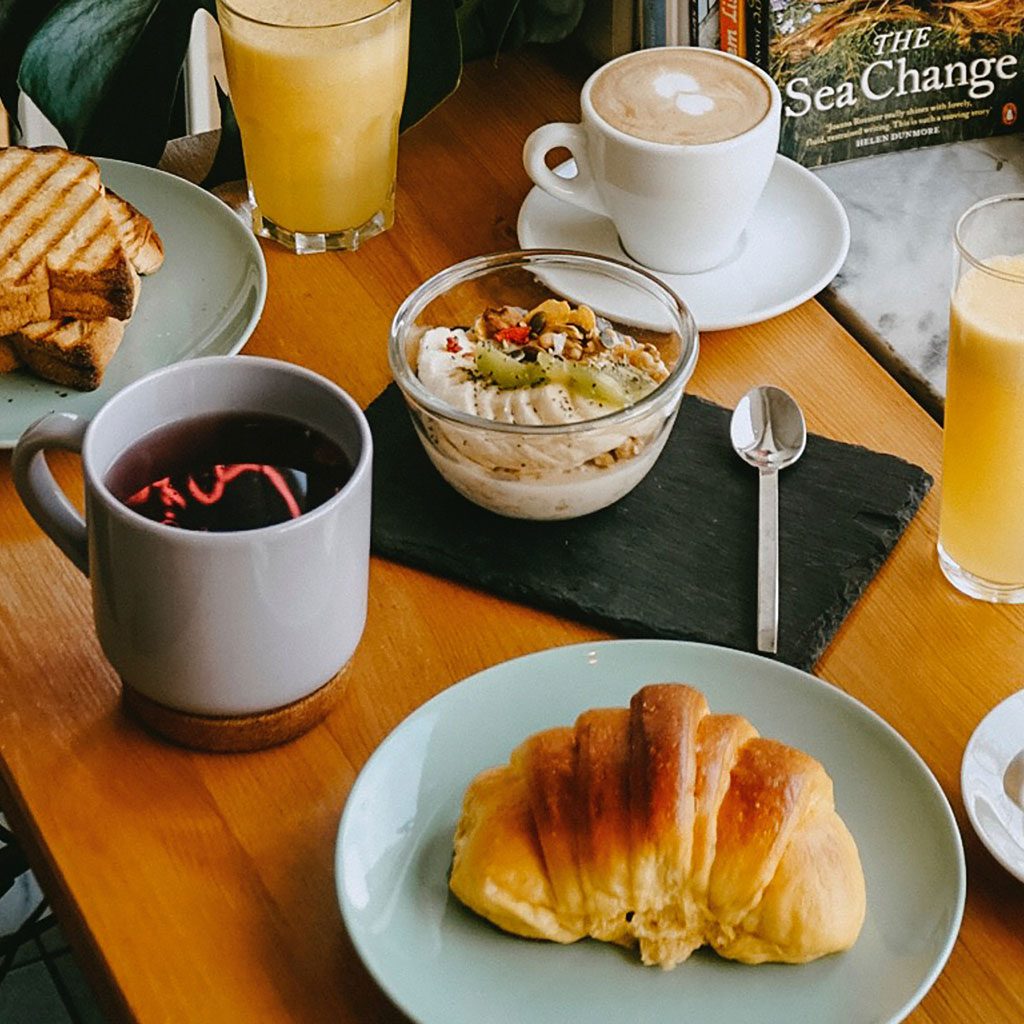Introduction: The Science Behind Cold Pressing Extra Virgin Olive Oil
As a culinary school instructor with a background in biomedical research, I am always fascinated by the intersection of food and science. Today, we dive into the art of cold pressing extra virgin olive oil, uncovering the scientific process behind this ancient method of extracting one of the most prized oils in the culinary world. Join me on this journey as we explore the history, culinary uses, and nutritional benefits of this liquid gold.
Ingredients
- Organic, fresh-picked olives
- Keto-friendly alternative: Avocado oil
- Patience and precision
Instructions
- Harvest ripe olives from the tree by hand, ensuring they are free from blemishes.
- Gently wash the olives to remove any dirt or debris, then crush them into a paste using a stone mill or stainless steel blades.
- Transfer the olive paste onto circular mats and place them in a hydraulic press. Apply pressure slowly and steadily to release the oil from the paste without generating heat. This cold pressing method preserves the oil’s delicate flavors and nutrients.
- Filter the freshly pressed olive oil to remove any remaining solids, then store it in a dark, cool place to maintain its quality.
Nutritional Information
- Per serving: 1 tbsp
- Calories: 120
- Fats: 14g (saturated fats: 2g)
- Protein: 0g
- Net Carbs: 0g
Cooking Tips and Tricks
- To enhance the flavors of extra virgin olive oil, store it in dark glass bottles to protect it from light and air exposure. This preserves its antioxidant properties and prevents oxidation.
- Experiment with different varieties of olives to discover unique flavor profiles in the resulting oil. Some olives may have a peppery or fruity taste, adding depth to your culinary creations.
Historical Insight
The tradition of cold pressing extra virgin olive oil dates back centuries, with ancient civilizations like the Greeks and Romans valuing it for its health benefits and culinary versatility. Historical cookbooks from these cultures often mention the use of olive oil in various dishes, highlighting its importance in Mediterranean cuisine.
Conclusion
I encourage you to explore the world of cold pressing extra virgin olive oil and incorporate it into your cooking repertoire. The science behind this process is as fascinating as the rich flavors it imparts to your dishes. Share your experiences with me and let’s continue to unlock the secrets of gourmet cooking together.







